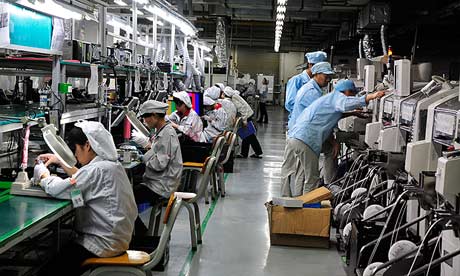Uber, the extremely popular ride share company has just began expanding into Canada. The company has already been creating waves of controversy and resistance in the US, but this has not seemed to stop them from expanding into Canada. However this has not been easy. There has been a lawsuit, or several, filed against Uber by taxi companies in Vancouver. They have been accused of “bypassing” many rules that other public transit cannot, and illegally operating. Many of the vehicles are not up to the safety standards for this industry and there have already been over a dozen cars, found by undercover inspector’s, that have been impounded. The drivers are not licensed to chauffeur, have unlicensed cars, are not necessarily insured, and are charging improper fares.

I found these articles very interesting for both points of view represented. Uber, in my opinion, needs better practice as to the licensing they require their drivers to have and regulations around them. It is not acceptable that the driver not have proof of insurance, and a chauffeur license is a very reasonable cost, considering they are bypassing so many other costs. However their fees should be totally separate and I believe they should be allowed to charge whatever they like. Uber’s business model revolves around putting microeconomics to the test, influencing both supply and demand through pricing schemes; this should be totally acceptable as both parties are agreeing to it. Overall I think Uber is a genius idea, but has flaws that should be addressed immediately.
Other Sources:
http://www.wired.com/images_blogs/business/2014/03/uber-insurance-inline.jpg
https://www.uber.com/









 So many people, no matter what the rulebook says, will find loopholes to break ethical codes. I believe the best answer for solving the problem of unethical practice is simply better people. Although it is seemingly simple, that is not easy to do; even the best people slowly lose ethical standards when immersed in this cycle of greed. The only way to fix this is by putting strong, ethical role models in positions of power and authority. If the ‘top of the food chain’ is ethical, the rest of the organization has no choice but to follow. An organization with ethical leaders would have a tough time shifting their standards, and breaking business ethics would not be seen as a reasonable option. This is a tough
So many people, no matter what the rulebook says, will find loopholes to break ethical codes. I believe the best answer for solving the problem of unethical practice is simply better people. Although it is seemingly simple, that is not easy to do; even the best people slowly lose ethical standards when immersed in this cycle of greed. The only way to fix this is by putting strong, ethical role models in positions of power and authority. If the ‘top of the food chain’ is ethical, the rest of the organization has no choice but to follow. An organization with ethical leaders would have a tough time shifting their standards, and breaking business ethics would not be seen as a reasonable option. This is a tough